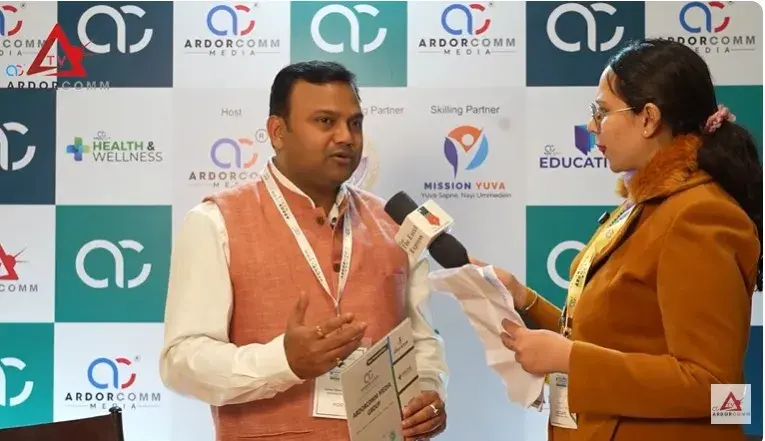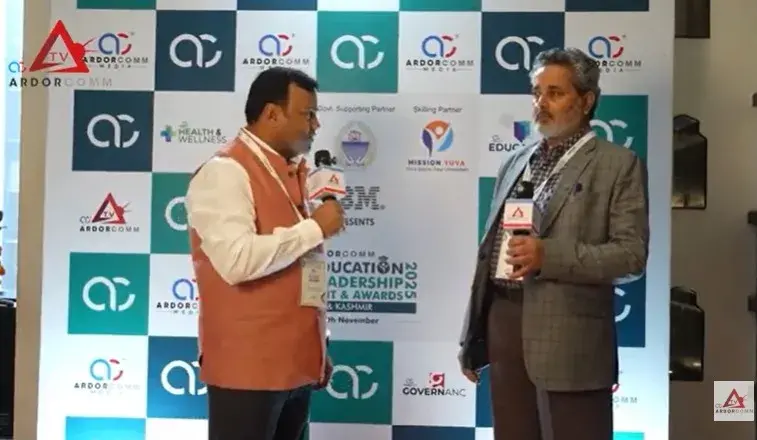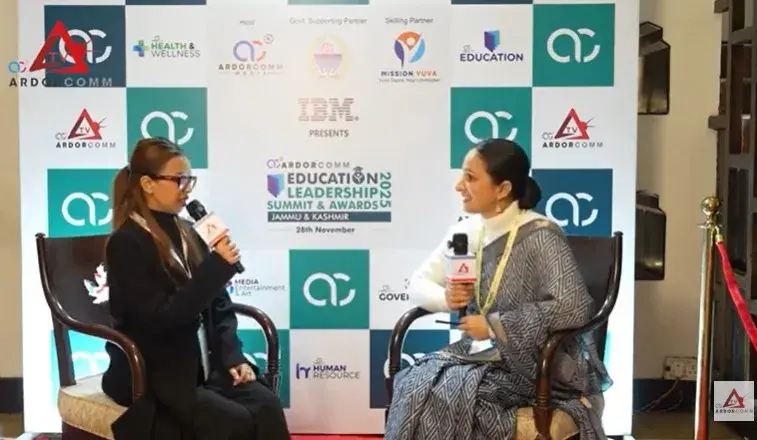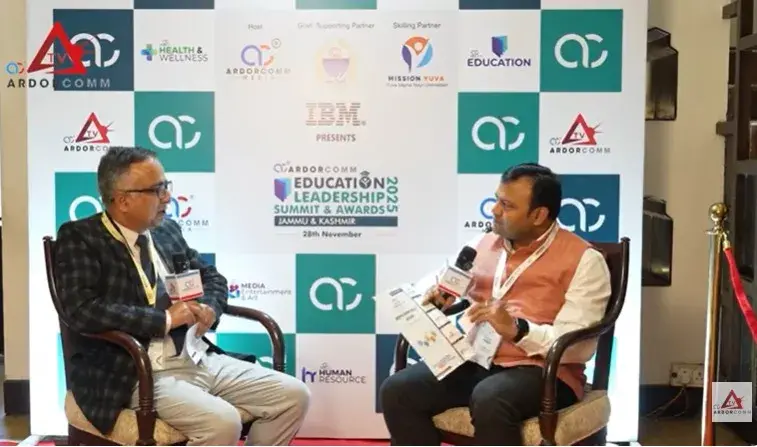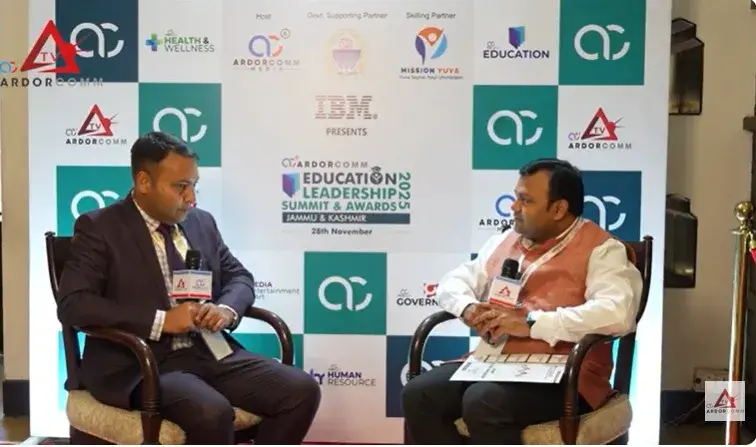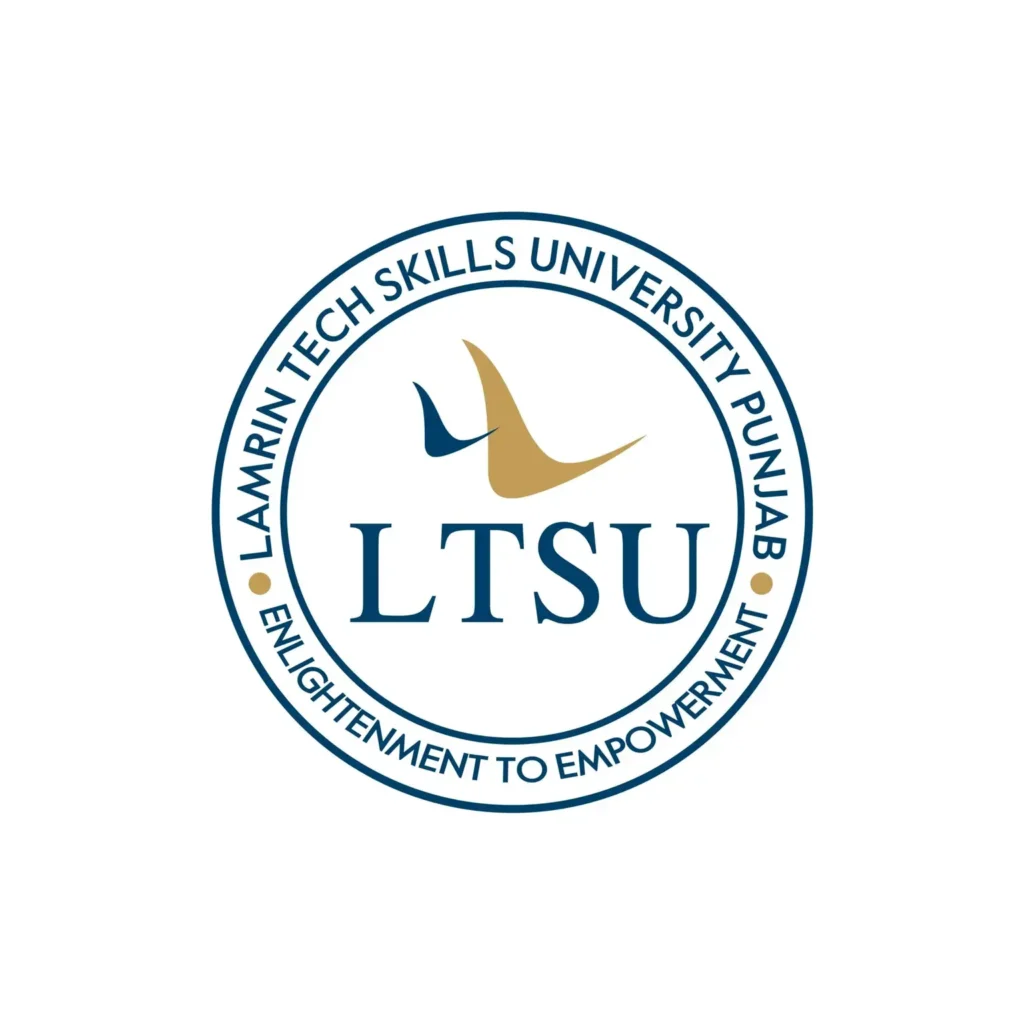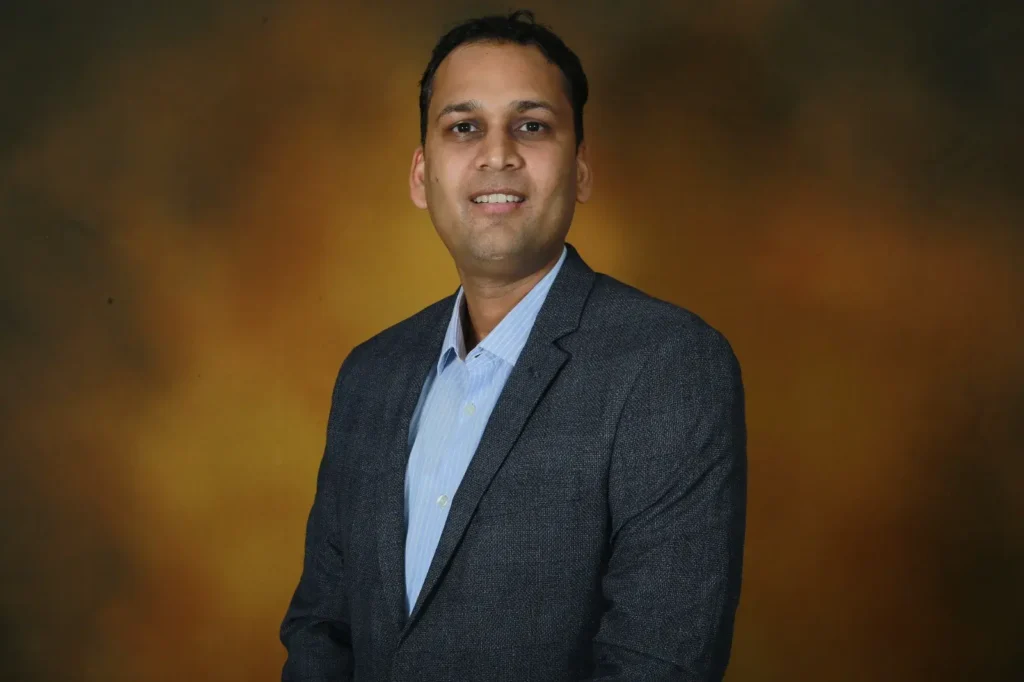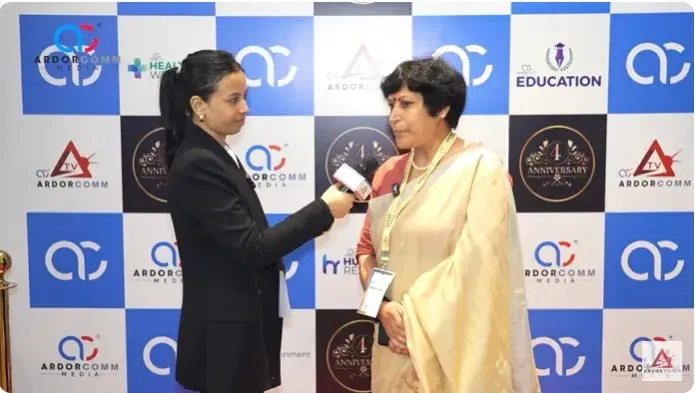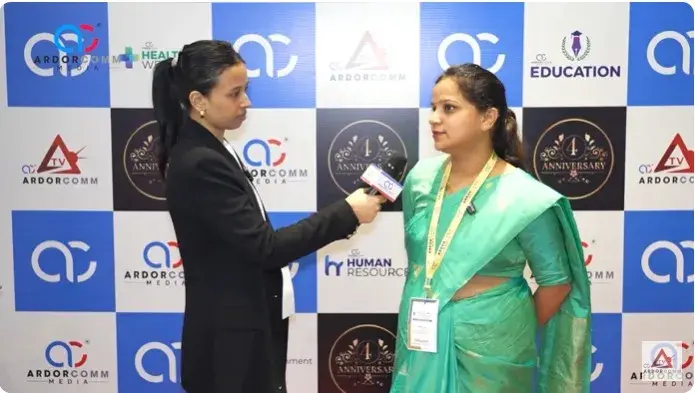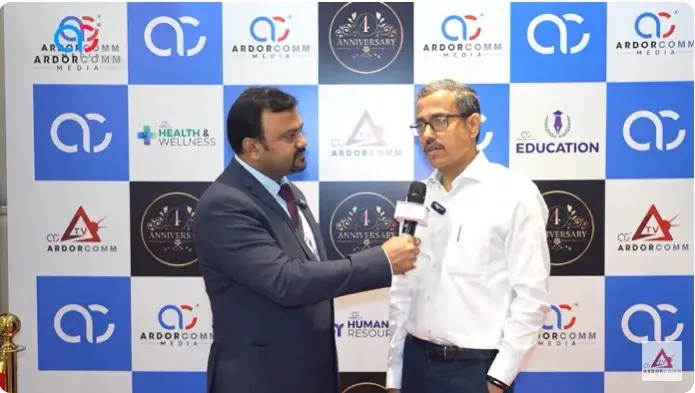Kumar Chandan Anand, Founder, CEO & Group Editor, ArdorComm Media Group Shares ArdorComm’s Vision for Education and Collaboration
Can you tell us a bit about ArdorComm Media? My name is Kumar Chandan Anand. I am the CEO, Group Editor, and Founder of ArdorComm Media Group. ArdorComm is a mix of two words — Ardor and Comm. Ardor means passion, zeal, and how enthusiastically you do your work. Comm stands for community and communication. So, with whatever intensity or passion we have, we engage the community through communication. That is what ArdorComm means. Our tagline is “Connecting Communities for Socio-Digital Transformation.” Today, media and digital media have an important role in every sector — whether it is education, healthcare, human resources, governance, media, entertainment, or art. If you look at different verticals, social media and digital media should be implemented everywhere. It is very important to move from traditional ways of working to an enhanced, elevated digital way of working. When organizations adopt this, they grow faster and stay competitive in the market. ArdorComm Education Leadership Summit & Awards has been organized so well. Many people did not imagine something like this would happen here. This is your 18th flagship event. Can you tell us more about it? Yes, this is our 18th flagship event. Small-scale events happen everywhere, but flagship events follow a defined pattern. Our flagship is called ArdorComm Education Leadership Summit & Awards. From the name itself, it is clear that ArdorComm Media organizes this event for the education and academic community. Along with knowledge-sharing sessions, we also organize an awards ceremony. This platform helps us recognize and honor academicians and educators who are doing exceptional work in education. Educators are often the unsung heroes, and there are very few platforms available to appreciate them. We want to change that. Our vision is not limited to metros and tier-one cities. We want to build strong education hubs in tier-two and tier-three cities as well. With the same passion with which we organize events in big cities, we are organizing them in smaller towns. We want to bring leadership together, create networking and collaboration opportunities, and generate meaningful outcomes. What is the purpose and long-term impact of such events? The purpose is knowledge sharing and collaboration, which is extremely important today. Government dignitaries have joined us on this forum. The Jammu & Kashmir government is supporting us, and today our Hon’ble Deputy Chief Minister is the Chief Guest. Directors from Skill Mission and Mission Yuva have also joined us. This forum brings government, academia, and corporate leaders together on one platform. When all stakeholders come together, meaningful solutions emerge that benefit the larger community. One of the panelists spoke about challenges such as lack of AI exposure, teacher training, and infrastructure in certain regions. What are your thoughts on this? Artificial Intelligence is trending because it has become part of our day-to-day life. It can be extremely helpful, but proper teacher training is essential. Whenever any technology is implemented, training must come first. Only then will implementation be successful. Students will consume technology better if teachers are well-equipped. Artificial Intelligence, machine learning, robotics, gaming, and IoT platforms are no longer optional. These must be integrated into the curriculum today. What message would you like to give to students and teachers? My message to students and the teaching community is simple: whatever you do, do it with passion. When you work with passion and intensity, success will definitely follow. At ArdorComm, passion is our foundation. Keep working diligently, stay committed, and you will achieve success. What are the future plans of ArdorComm Media Group? As a media organization, our focus is to create more networking platforms and maximize collaboration opportunities. We want to bring the three pillars of society — government, academia, and corporate — onto one platform to discuss meaningful solutions. This is our mission and our vision for community growth.

